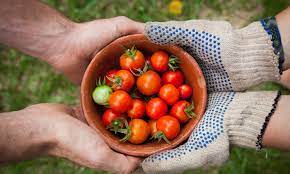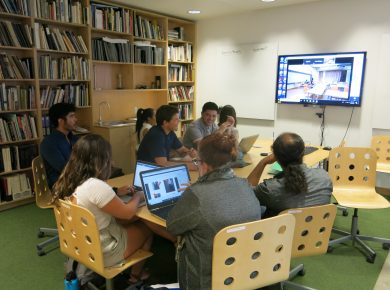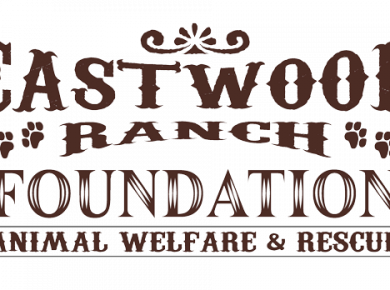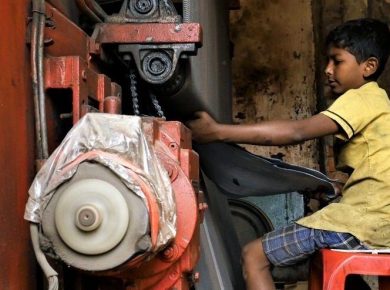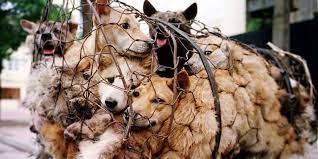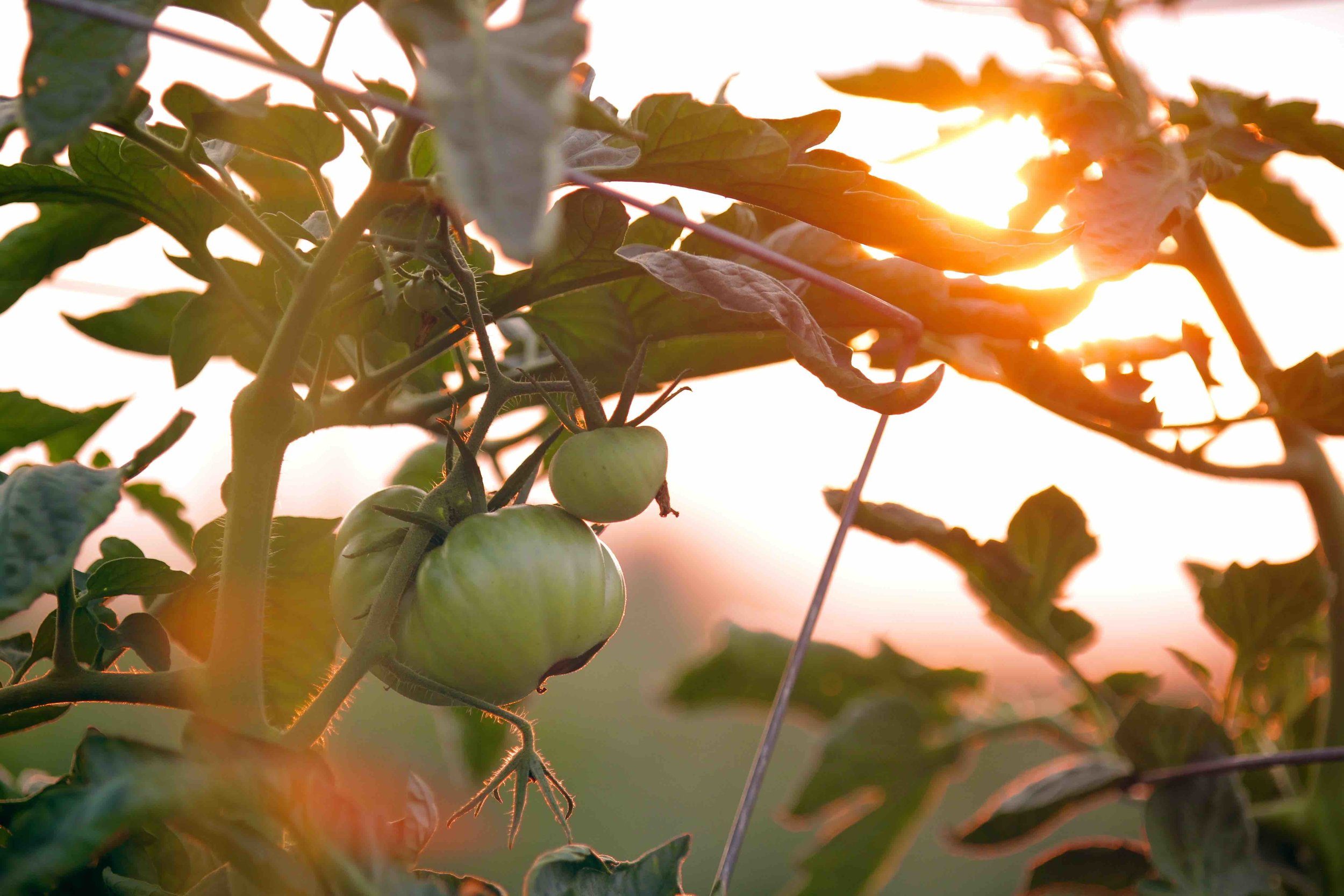
Earlier this year, in an interview with HowNow, Natalie Bennett called for a return to traditional foods including no-till agriculture, mulching, and other sustainable, regenerative agricultural solutions. Implementing these practices is just the topic for Nusa Urbancic, formerly Programme Manager of the Energy and Fuels programmes in Brussels-based NGO Transport & Environment. Urbancic is now Campaigns Director of Changing Markets, which works to shift market share away from unsustainable products and companies and towards environmentally and socially beneficial solutions. Both Bennett and Urbancic provide solid reasons to swap today’s intensive farming methods to plant-focused agriculture in order to feed the future in a clean and sustainable way. Here, Urbancic speaks to journalist LAURA-JEAN SCHNEIDER about practical measures to achieve healthier farming systems, that nourish and protect people, planet and animals.
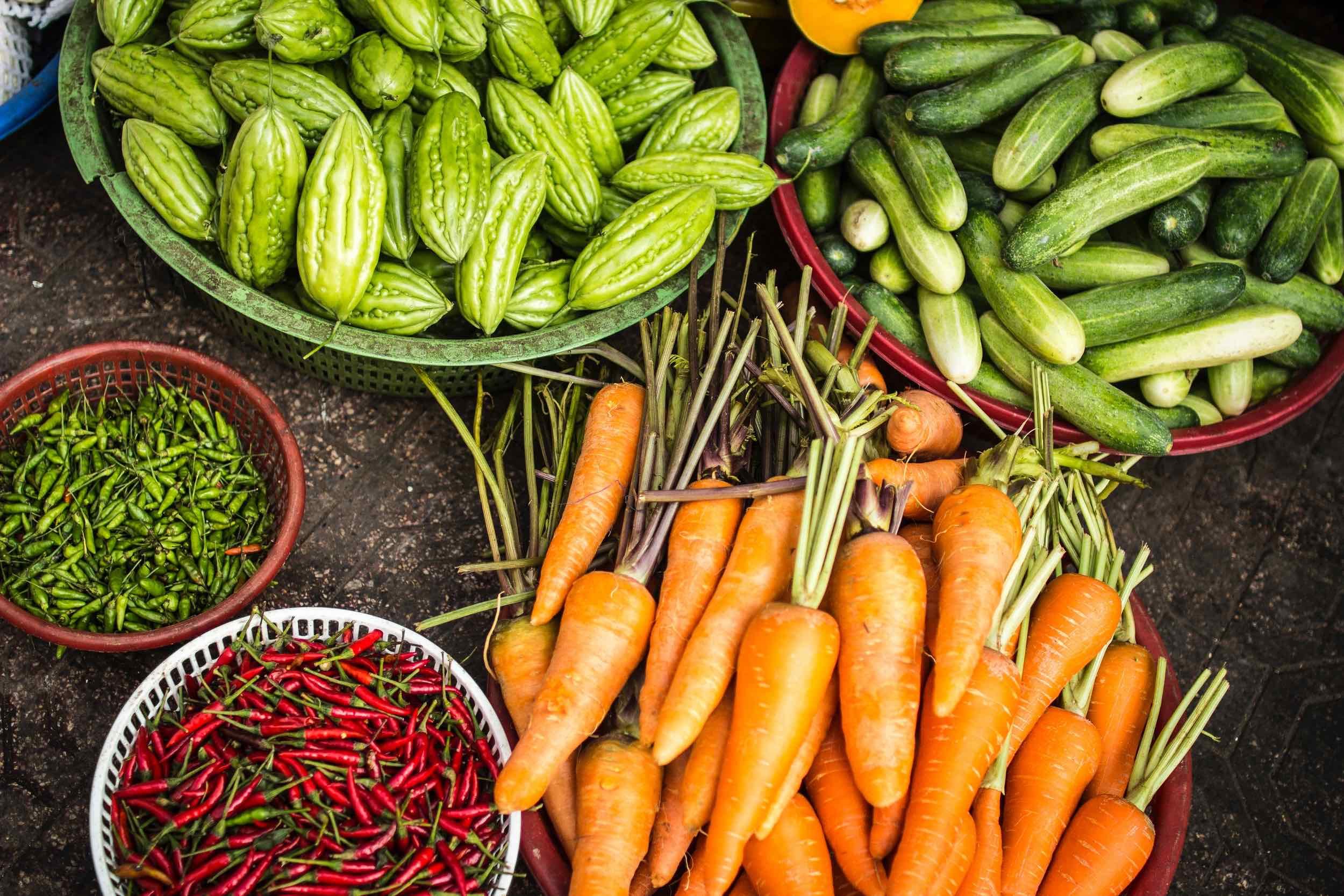
Several studies have shown it would be possible to feed the world through more environmentally friendly farming.
Schneider: How much do you feel raising animals for meat plays into the current unsustainability of the food system? Why would you argue to move toward a plant based system instead?
Urbancic: It is massive. We use 70% of all agricultural land for growing animals or their feed. At the same time, meat production contributes 16.5% of global greenhouse gas emissions and has been responsible for 60% of biodiversity loss on land. Livestock requires a lot of water and is a huge polluter of fresh-water and oceans. And, with over 80% of soy used to feed animals, the meat industry is also the main driver of deforestation by cattle ranching and soy production.
People in the Global North currently consume two to three times more meat than what is considered healthy. By switching towards more plant-based diets, we could change this dynamic and put ourselves on a low carbon trajectory when it comes to food and agriculture. Governments need to take action and put in place measures that both reduce meat consumption and also encourage better food production systems. A no-brainer could be getting rid of subsidies for big factory farms and shifting them to more environmentally friendly farming methods. Through policy inaction, governments are forcing the public to pick up the bill for the negative externalities of animal agriculture and, at the same time, denying market opportunities for more environmentally friendly food products and also more sustainable models of food production.
Schneider: Where do biofuels come into play in the work towards a more ecologically friendly farming system?
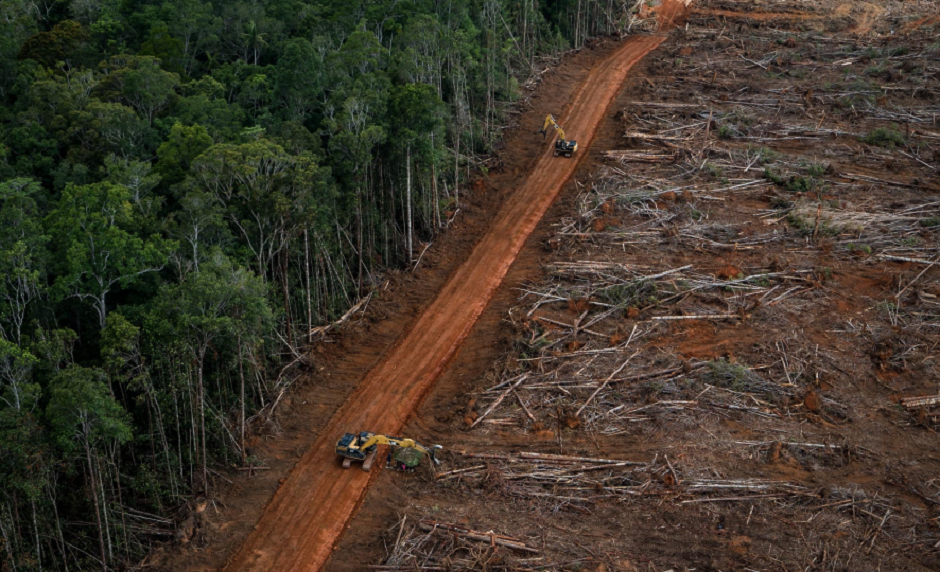
Agricultural commodities such as palm oil, soy and meat are the biggest drivers of deforestation and land use change. Picture: Greenpeace.
Urbancic: Agricultural commodities such as palm oil, soy and meat are the biggest causes of deforestation and land use change. But the mandated use of biofuels (such as the EU biofuels policy) is also a major driver of deforestation. It increases the demand for vegetable oils, of which palm oil is one of the main sources – and, as you know, palm oil is mostly grown in tropical regions, such as Indonesia, Malaysia and increasingly in Colombian, Peruvian and the Brazilian Amazon. As the supply of land is limited – and because we also need to drastically reduce greenhouse gas emissions – we should significantly reduce the consumption of meat and stop producing biofuels, which are worse for the climate than fossil fuels [Editor’s note: these include rapeseed, soy, and palm oil, all of which have worse emissions rating than diesel fuel.] These actions could free up significant amounts of land, which could then be used for growing forests and re-wilding. These are the actions that can take out significant quantities of CO2 in a much more proven way than burning biomass for energy.
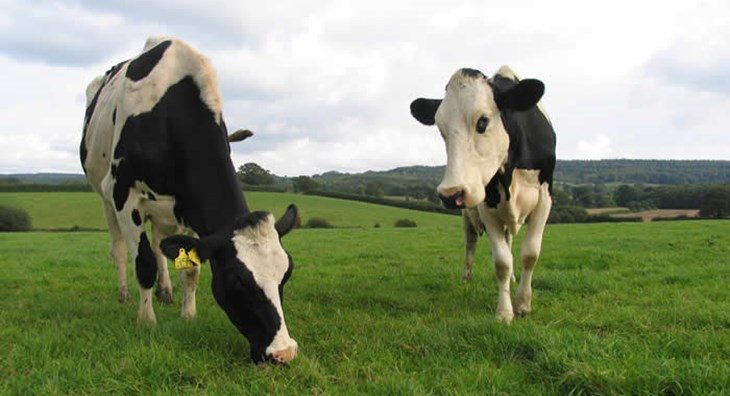
A massive 70% of all agricultural land is used growing animals or their feed.
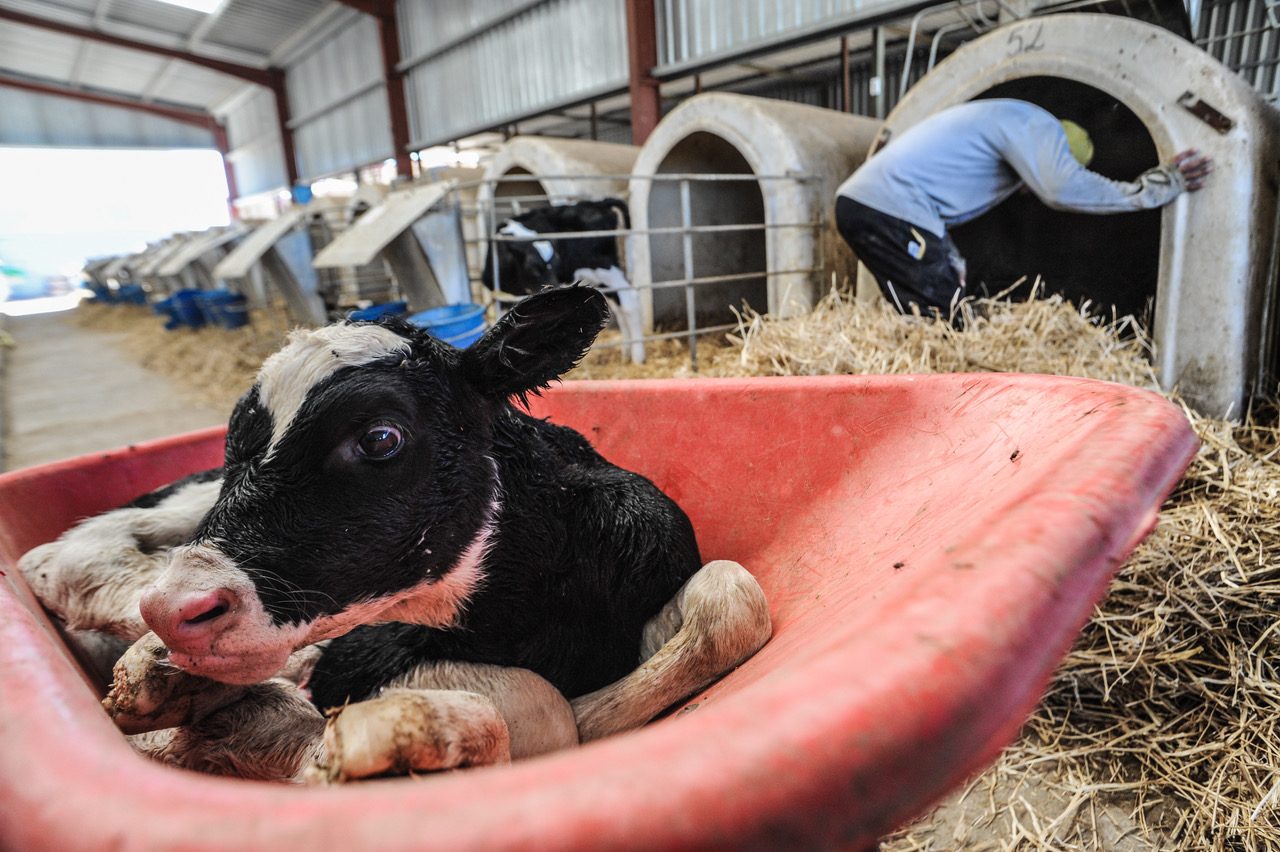
A veal calf, newly separated from its mother, at a dairy veal farm in Spain. Picture: Jo Anne McArthur.
Schneider: Commercial agriculture is known for its heavy chemical use. What are alternatives to keep food free of harmful substances while maintaining a growing environment where weeds and pests are reduced?
Urbancic: There have been several studies that have shown that it would be possible to feed the world through more environmentally friendly farming methods, such as agro-ecology and organic agriculture. This can only work if we also significantly change our diets and reduce meat consumption. Such agricultural methods are also much more sustainable and are more certain to enable us to feed the population on the long term and address issues, such as the insect Armageddon [when scientists identified a 75% decline in total flying insect biomass in specific nature reserves in Germany]
Schneider: How do you feel the move toward plant-focused agriculture interacts with food justice or addresses food deserts?
Urbancic: In our report [Growing the Good: The Case For Low-Carbon Transition in the Food Sector], we … address the issue of healthy diets. We believe that governments should play a more active role in ensuring that people have access to healthy and diverse diets as well as better knowledge of what these diets are. Many countries publish dietary guidelines, but they do not have any implementation strategies in place for the uptake of better diets. We believe that governments could start with public procurement policies and start offering healthy meals in public institutions, such as schools, hospitals and public offices. The governments can also change other policies to create a better food environment, for example ban advertising of unhealthy foods, put in place taxes for unhealthy food products, such as taxes for red and processed meat and encourage consumption of fruits and vegetables through different measures. Such policies of “encouraging the good and discouraging the bad” can have a major spillover effects, as we have seen in other sectors such as green energy.
